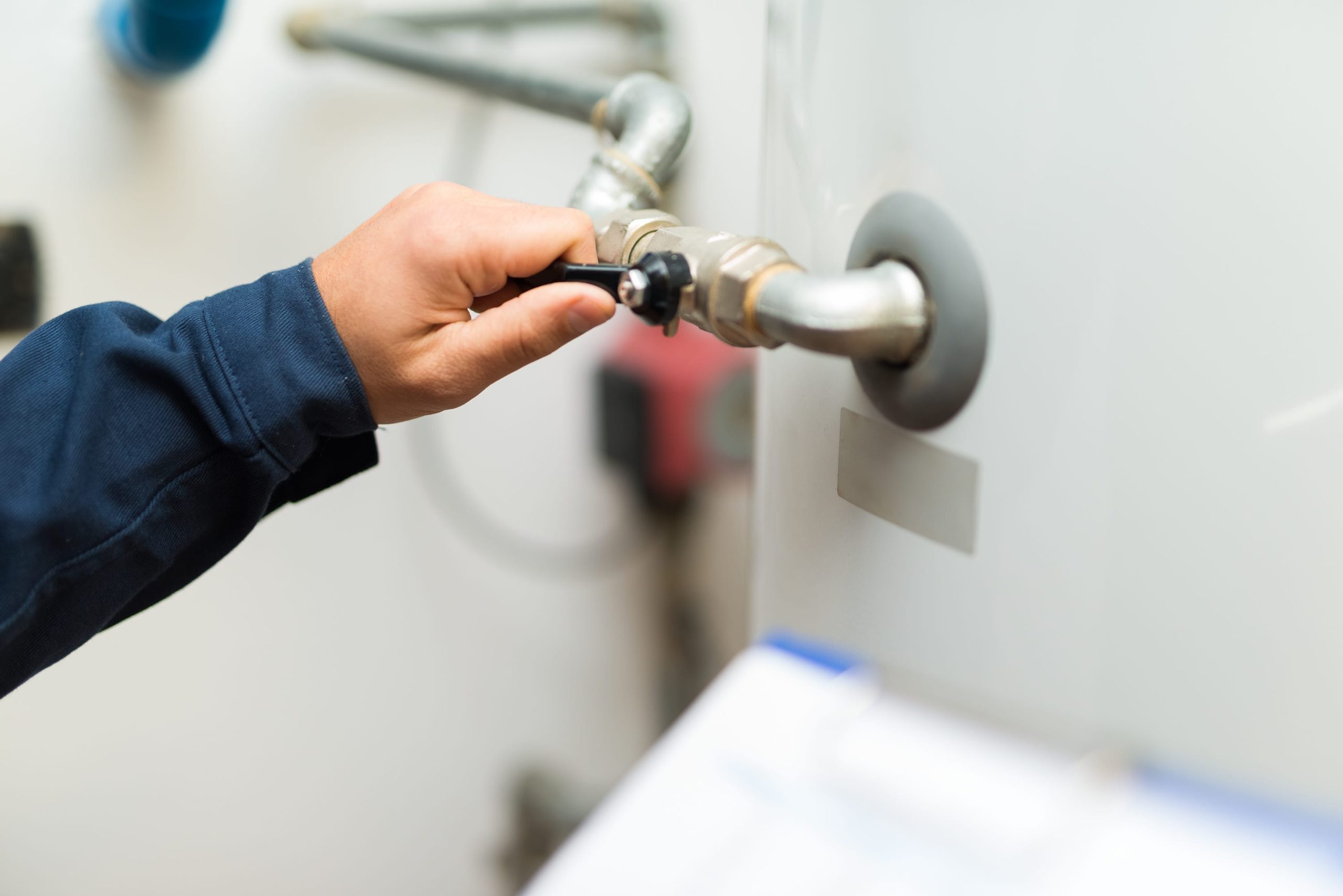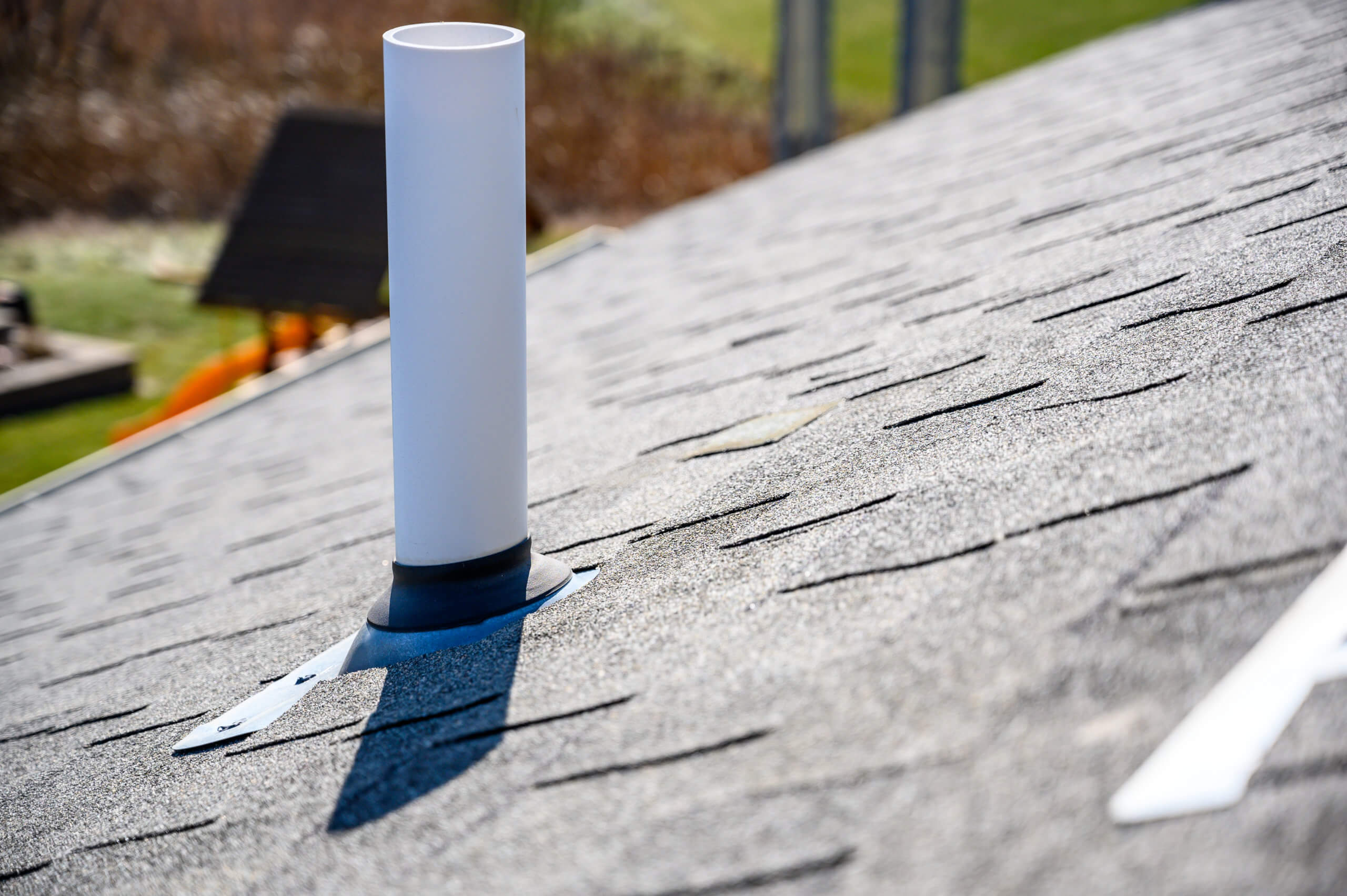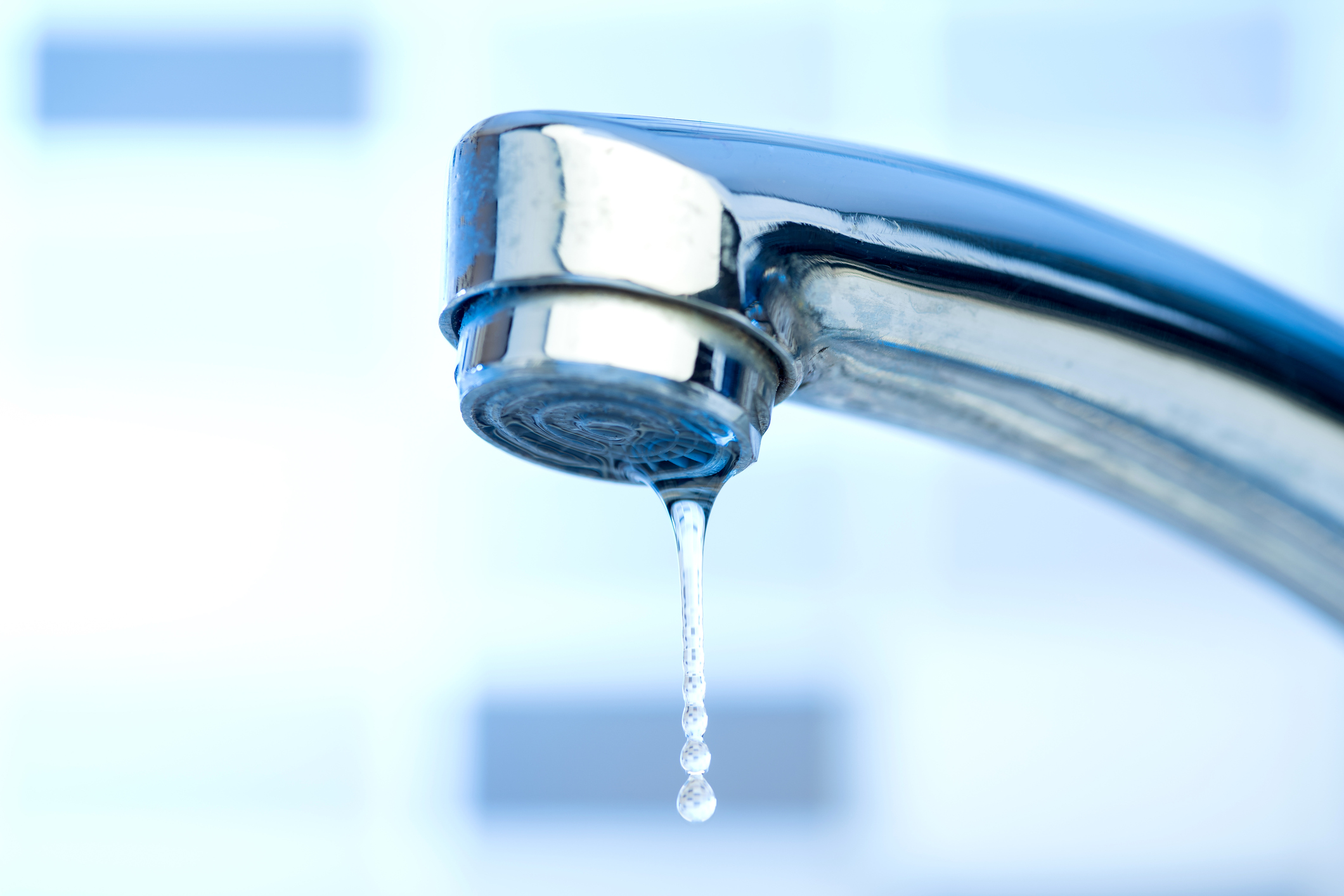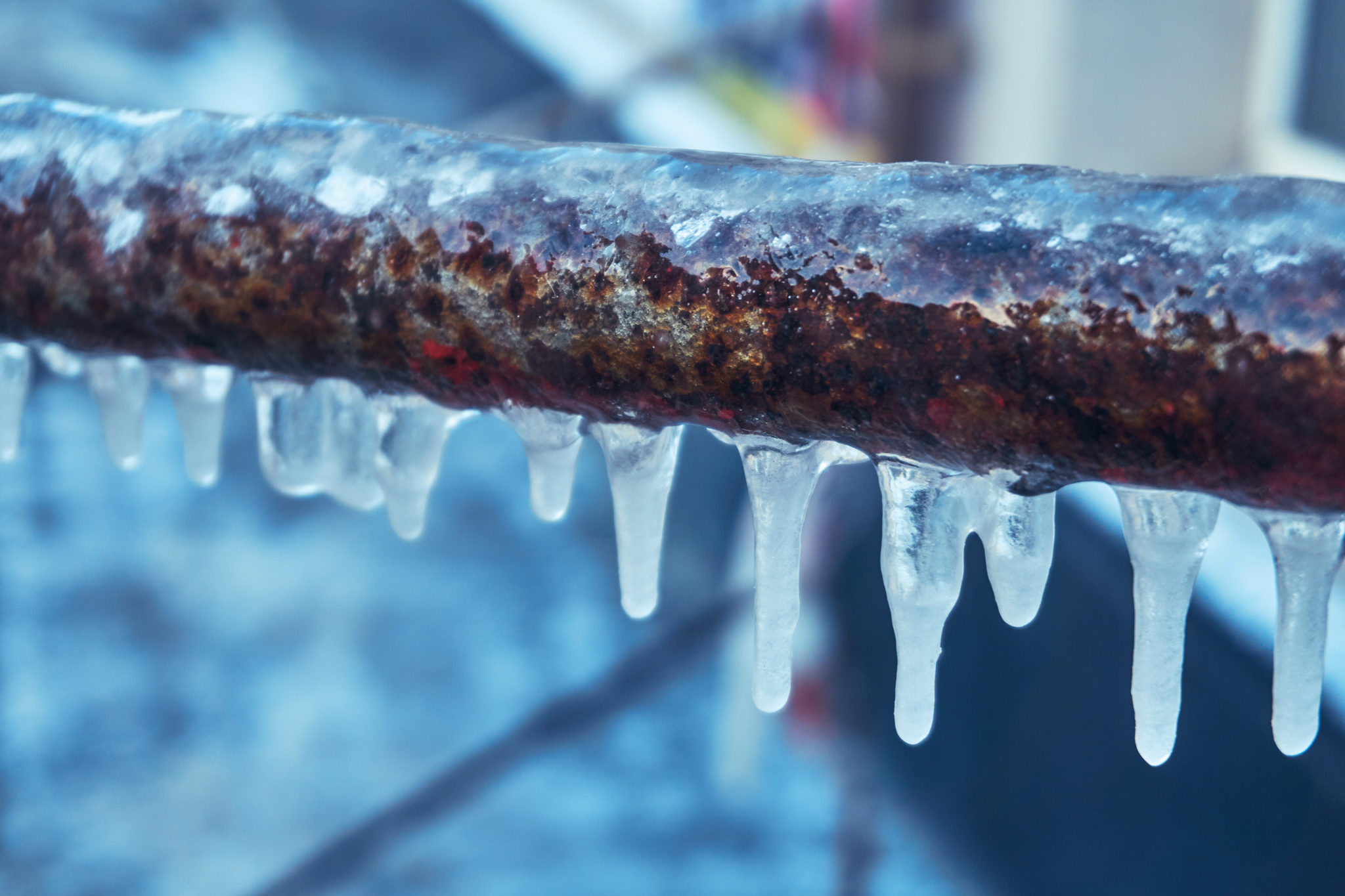Flushing Your Water Heater
In this article, we'll be discussing an essential maintenance task that is often overlooked but plays a crucial role in ensuring the longevity and efficiency of your water heater: flushing.
As a leading plumbing company serving the community of Jonesboro, Georgia, Plumb-All is committed to helping homeowners maintain their plumbing systems in top condition. Flushing your water heater is a simple yet effective method to remove sediment buildup and optimize its performance. Let's dive into the details and explore the benefits of this important maintenance procedure.
Why Flushing Your Water Heater Matters
Over time, sediment, minerals, and other impurities can accumulate at the bottom of your water heater tank. This sediment is primarily composed of minerals like calcium and magnesium that are naturally present in water. When heated, these minerals settle at the bottom of the tank, forming a layer of sediment. If left unaddressed, this sediment can cause a range of issues.
Reduced Efficiency
The sediment layer acts as an insulator, making it harder for the heat to transfer from the burner or heating element to the water. This leads to increased energy consumption and higher utility bills.
Decreased Lifespan
The buildup of sediment can cause excessive strain on the water heater, leading to premature wear and tear. Flushing the tank regularly can help extend the lifespan of your water heater.
Impaired Performance
Sediment buildup can result in reduced hot water output, inconsistent water temperatures, and even clogged or malfunctioning pipes, valves, and fixtures.
How to Flush Your Water Heater
Flushing your water heater is a relatively simple process that can be done by following these steps:
- Safety First: Before starting any maintenance work, ensure that the water heater is turned off and disconnected from the power source. This step is essential to prevent accidents and injuries.
- Locate the Drain Valve: The drain valve is usually located near the bottom of the water heater tank. Attach a hose to the valve and position the other end near a floor drain or outside your home where the draining water won't cause any damage.
- Open the Valve: Slowly open the drain valve, allowing the sediment and water to flow out through the hose. Be cautious as the water may be hot. You can also open a hot water tap in your house to help with the drainage process.
- Flush and Repeat: Allow the water to run until it appears clear and free of sediment. If necessary, close the valve, refill the tank with cold water, and repeat the process until the water runs clear.
- Close the Valve and Restore Power: Once the flushing is complete, close the drain valve tightly. Ensure that the tank is filled with cold water before restoring power to the water heater.

Pro Tip: Before flushing your water heater, check your manufacturer's instructions. Some models may have specific requirements or recommendations for maintenance procedures.
Frequency of Flushing
As a general guideline, it's recommended to flush your water heater at least once a year. However, the frequency may vary depending on the hardness of your water and the manufacturer's recommendations. If you notice signs of sediment buildup or experience performance issues, it's advisable to flush your water heater more frequently.
Did you know? The hardness of your water can significantly impact how quickly sediment builds up in your water heater. Homes with hard water may need to flush their water heaters more frequently—sometimes as often as every six months.
In Conclusion
Regularly flushing your water heater is a crucial maintenance task that shouldn't be overlooked. By removing sediment and mineral buildup, you can improve your water heater's efficiency, extend its lifespan, and avoid costly repairs. If you require professional assistance or have any plumbing-related questions, don't hesitate to reach out to our expert team at Plumb-All. Remember, a well-maintained water heater ensures a steady supply of hot water and peace of mind for your household.
Decided that we're the right fit for you?
Call us at 844 PLUMB-ALL


